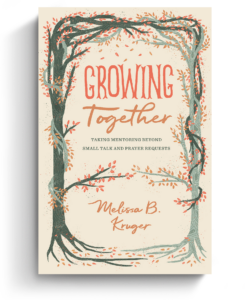
From Born Again to Presidential Legacy: Jimmy Carter's Evangelical Journey
Jimmy Carter helped bring evangelical Christianity into mainstream American politics when he identified as a "born-again Christian" during his 1976 presidential campaign. His declaration was so novel that news outlets had to explain the term to viewers.
Born in Plains, Georgia in 1924, Carter's Baptist faith shaped his early life through regular church attendance, Sunday school, and baptism at age 11. After graduating from the Naval Academy and briefly running his family's agribusiness, he entered politics with a Christian commitment to racial justice that often put him at odds with his community.
Following a failed 1966 gubernatorial campaign, Carter experienced a spiritual reawakening that deepened his faith. He went on mission trips, implemented family prayer time, and successfully ran for Georgia governor in 1970, where he notably hung Martin Luther King Jr.'s portrait in the Capitol Building.
Carter won the 1976 presidential election as a Democrat who promised never to lie to the American people. While initially celebrated by evangelicals as one of their own, his presidency revealed philosophical differences with the emerging Christian Right. Carter's social justice focus, support for church-state separation, and complex views on issues like abortion rights and gay rights alienated conservative evangelicals.
His single term was marked by economic challenges and the Iran hostage crisis. After losing reelection to Ronald Reagan in 1980, Carter embarked on a four-decade post-presidency focused on human rights, democracy, and humanitarian work. He won the 2002 Nobel Peace Prize and remained active with organizations like Habitat for Humanity and the Carter Center until his death in 2024 at age 100.
Throughout his life, Carter exemplified a progressive evangelical Christianity focused on social justice rather than the culture war priorities of the Christian Right. His motto remained: "God gives us the capacity for choice. We can choose to alleviate suffering. We can choose to work together for peace. We can make these changes—and we must."

Book cover: Growing Together
Related Articles

The Ethics of War: Can Armed Conflict Ever Be Morally Justified?

